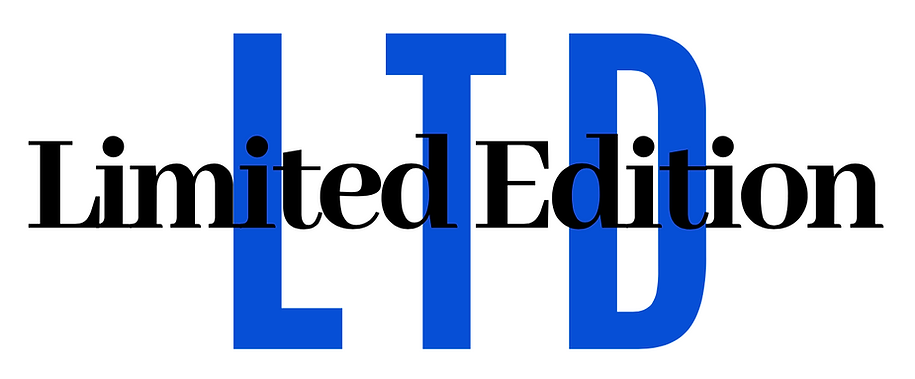Memes: Defining a Generation
- Laura Harrison
- Feb 11, 2020
- 3 min read
On January 2nd, US President Donald Trump ordered an attack against Iranian Islamic Quds Force Commander Qasem Soleimani, a significant event for US-Iran relations. What followed was an interesting mix of reactions from people worldwide. It only took a couple of minutes before a new meme had surfed the length of the internet, entirely concerning one topic: World War III.
Memes are humorous texts, usually consisting of a caption and a reaction image. The word “meme” derives from the Greek word “mimeme,” which means “something imitated.” Memes are most commonly inspired by lifestyle or opinion. In many cases, memes are based in reality and are shared because of their relatability for a group of people. Memes were popularized by the Millennial generation, the demographic cohort born during the 1980s and 1990s, and have thus been adopted by other generations, most significantly by Generation Z, the demographic cohort born around and after the millennial in the year 2000.
Older generations would perhaps find the prospect of World War III memes to be concerning. They range in topics: avoiding army recruitment, references to war-centred video games, and negative outlooks on the future. These memes may compel many to ask why young people are reacting to current affairs in such a seemingly morbid and pessimistic manner.
The jokes’ purpose is to be humorous, however there is a sense of anxiety that accompanies them. World War III memes say a lot about the current mindset of the modern teenager.
The North American Generation Z is a demographic cohort that has, for the most part, been completely detached from the prospect of war. Generations that grew up during the first three-quarters of the 20th century acknowledged the reality of war; for example, World War I and World War II were huge international conflicts that involved younger generations. The Cold War spans a 50-year period that includes the Korean War, the Vietnam War, the conflicts of the Berlin Wall, and the Civil Rights movement. The most recent generation, however, has been relatively disconnected from acknowledging the possibility of war taking place within the developed world. Although aware of conflicts outside of Canada, Generation Z has, for the most part, grown up in a safer world of heightened security regulations post-9/11 and established international peace organizations, such as the United Nations. Instead, Generation Z, the most diverse demographic cohort, is more concerned with social politics. Cone Communications conducted a survey where 89% of Gen Z-ers stated that they were worried for the health of the planet. The survey also found that Gen Z-ers tend to look to companies that support a range of social issues: racial equality (88%), women’s rights (86%), immigration (81%), climate change (81%), gun control (68%), and LGBTQ+ rights (65%). Because Generation Z is, for the most part, less connected to the reality that war may happen at any moment, the idea of a World War III draft is entirely a method used by Gen Z to communicate their reaction to current affairs: a satire that blends fear with a downplayed severity of politics in order to function as an acceptable form of humour.
Generation Z is made up of young people, most of them currently coming of age. The generation is no less affected by political affairs than any adult, although most teenagers lack the platform to speak out. Not having the opportunity to express their opinions in the news forces young people to find other means of communication; for instance, memes.
Some may argue that it is unacceptable to make jokes about serious or sensitive issues, and that memes have caused the people of Generation Z to lose their ability to empathize with others, instead turning the demographic cohort into an insensitive and unfeeling group. However, many could also argue that memes are no different from political cartoons that make opinions about national and international current affairs.
What do memes say about the generation that shares them? Whether you find these jokes about World War III funny or not, there exists always the surrounding feelings of anxiety. Shared internationally, other young people around the world understand the underlying message within the humour. Memes have become a new form of communication for the masses, aided by the sharing capabilities of social media platforms. For young people, the worldwide popularity of memes has, in some ways, developed into a new language, giving humans around the world the ability to connect on a deeper level – through humour.

Comments